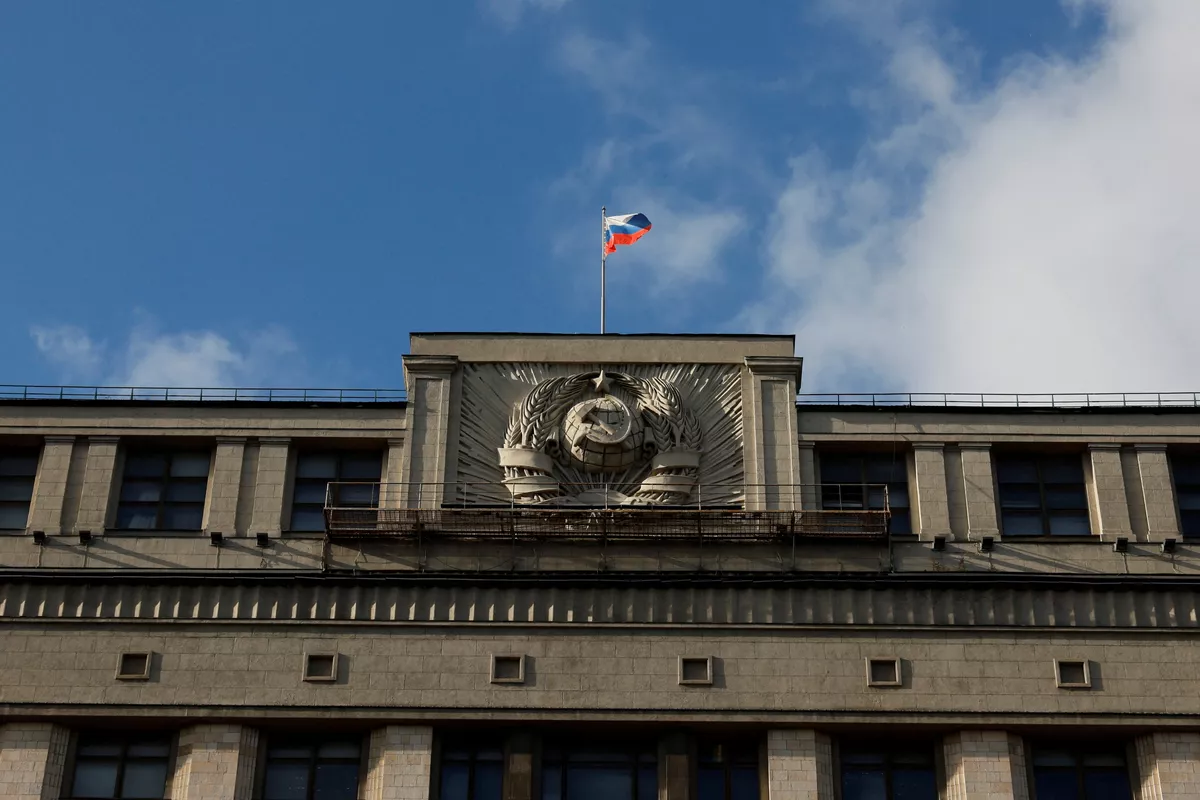
Photo: Reuters
Lawmakers from the State Duma, the lower house of Russia’s parliament, approved on Tuesday in the second and third-final-readings a draft law allowing citizens who have signed contracts to remain in the reserve of the Russian Armed Forces to take part in special training camps aimed at protecting critical facilities.
The document was earlier submitted by the Russian government, The Caspian Post reports, citing TASS.
The draft law applies exclusively to those citizens who voluntarily signed a contract to stay in the reserve. Deputy Chief of the Russian General Staff’s Main Organizational and Mobilization Department Vice Admiral Vladimir Tsimlyansky explained earlier that within the framework of the draft law, "there is no question of any mobilization." It is planned to summon to training camps "most prepared and patriotic citizens" who have signed a contract to stay in the reserve.
The new measures provide that, under a decree from the President of Russia, reservists can be sent to special training exercises to safeguard critical facilities and life-support infrastructure. The Russian General Staff emphasized that this includes energy and transport sites. The organization and execution of these exercises will be defined by the Russian government.
The Russian General Staff also stressed earlier that reservists "should not be confused with contract soldiers." "The main difference between reservists and contract soldiers is that citizens combine their stay in the reserve with their job at their main place of work. A reservist is not a military serviceman and has all the rights of civilians," Tsimlyansky stated.
Moreover, the draft law stipulates that participants in special training camps will receive all the social guarantees provided for participants in military training camps. Tsimlyansky pointed out that they would receive "social guarantees and compensations, insurance payments and medical standards similar to those for military personnel."
If the bill is adopted by the parliament and then signed by the Russian president, the new rules will enter into force 10 days after the publication of the law.
Share on social media